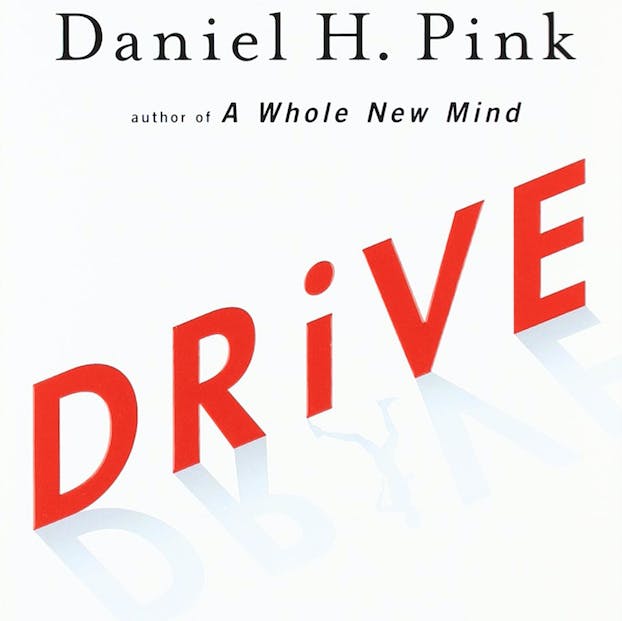What The Tech Crowd Knows That The Rest Don't
By Stacy Verner in Guest Blogger
November 02, 2015 05:00
Daniel Pink’s TED talk “The Puzzle of Motivation," which, I hasten to add already has been viewed 14,389,288 times, is experiencing a resurgence of interest. I believe that this is because Pink’s book, “Drive,” gives his TED talk backwards. He starts his book with what we know about motivation, and not what about motivation puzzles us. Rather than wowing us with mysteries, he starts his book with what we know.
In the book “Drive,” Pink does a masterful job explaining the role of purpose in motivating people. He starts with just a couple of facts, for example, if you pay people to contribute blood you get less of it, or if you impose a fine on people for picking up kids late from daycare you get more parents picking up their kids late. Even if these are new to you, these facts ring true because being paid or paying for something takes away the selflessness of the act. Picking your kids up on time to relieve the caregivers was “nice of you” before the fine. After the fine, it is simply a business transaction. The same with blood…give it away and you are a hero, get paid for it and you are a commodity.
Pink pushes his point about the primacy of purpose by saying that the old “carrot and stick” method of management no longer works in creative industries or for that matter, whenever creative solutions are needed. The experiments of economists, sociologists, behavioral psychologists, and others show that when you offer people a prize for quick creativity, you get lower quality work, longer incubation periods for innovation and greater expense (you gotta pay for that prize somehow).
What motivates today’s workers is purpose. When you take away the sense of satisfaction that comes from selfless acts, motivation drops and creativity drops. When you give a sense of higher purpose back, motivation rebounds. How else do you explain the low rates of pay and extremely high workloads in the social benefit (i.e., nonprofit) sector? Purpose outperforms payroll.
Pink’s key insight, however, is that once you pay people enough to take financial survival issues off the table, purpose is paramount. This too makes sense, particularly having witnessed the rise of open source software like Linux, Firefox, and WordPress. The unpaid coders behind these products believed and continue to believe they can improve the world. How else do you explain how Wikipedia whipped MS Encarta? Microsoft’s encyclopedia was well-funded and bundled. The socially beneficial Wikipedia eclipsed it with hundreds of people working for free. If we had not lived it, we would not believe it. Perhaps this is so obvious to the audience at the TED stage that Pink started there in his TED Talk. Perhaps there is a message in that for the rest of us, namely that the leaders of tomorrow’s industries already know what the rest of us still wonder about.
The point is that you can create that highly motivating sense of purpose by allowing your employees, your customers, and your audience to selflessly support the causes they care about by linking their performance, purchases, or participation to that support. In so doing you make the world just a little bit better while unleashing their drive to do even better.
This guest blog post comes from George Stevens, a community volunteer in Charleston, South Carolina who has worked nearly his entire life to foster collaboration and alignment of community leaders, both private and corporate, to create a more compassionate community.

